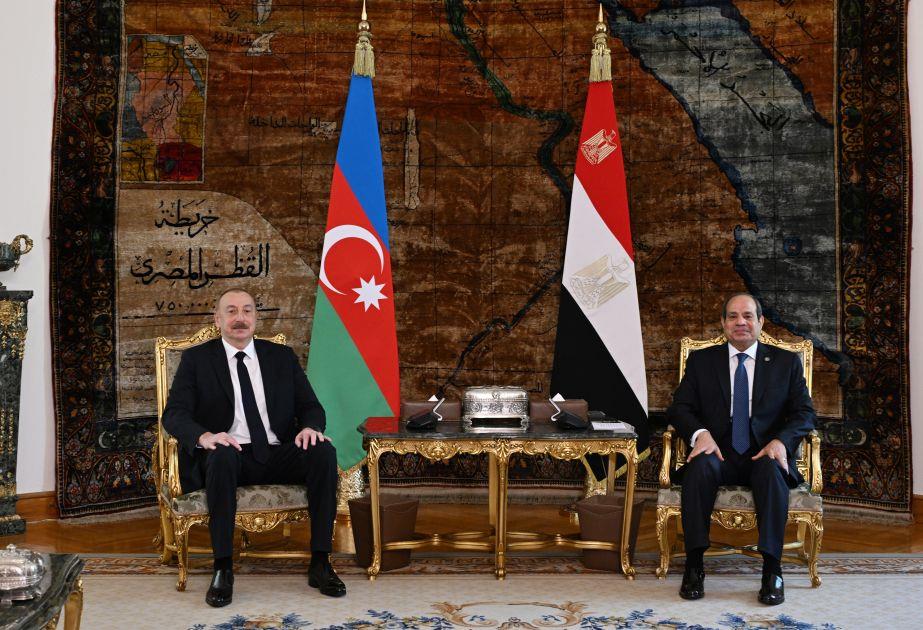Day: June 8, 2024
NPR News: 06-08-2024 11PM EDT
Learn more about sponsor message choices: podcastchoices.com/adchoices
NPR News: 06-08-2024 10PM EDT
Learn more about sponsor message choices: podcastchoices.com/adchoices
By Uski Audino
Elections for the European Parliament are currently underway. 360 million people are eligible to vote for 720 members of the EU’s legislative body from June 6 to 9. In the five years since the last elections, European Institutions have faced interlocking crises like never before: the Covid-19 pandemic, the challenge of joint vaccine procurement, the Russian invasion of Ukraine, the politics of sanctions in response, the energy crisis, the war in Gaza.
A completely new political balance is at stake in the Old Continent. Paradoxically, the voter turnout is;expected;to rise even while the support of towards anti-EU parties is increasing.;
The more Europeans love Europe, the more they hate it.
The more active the European Union is in managing crises, the more its bureaucracy, flaws and difficulties become visible to the public. This has become fertile ground for right-wing parties demanding a return to national sovereignty. Meanwhile, the political center is shrinking.
A recent Bertelsmann Stiftung;study;indicates that 60% of Europeans intend to vote. Despite an East–West disparity — only 29% of the population of the Czech Republic voted in 2019 — the trend is generally positive, especially among young Europeans.
According to a recent TUI Siftung;survey, 58% of 16- to 20-year-olds consider European elections “important.” The most convinced are young Germans (67%), while the French are the least (50%). Nearly two thirds of Greek youth say that European elections are far more important than national ones. Between 50% and 70% see themselves as “European” and not only as citizens of their member states.
Under-30s could pull turnouts up. According to a;survey;from Eurobarometer, 64% of young voters intend to vote. The most enthusiastic are Romanians (78%) and Portuguese (77%).
Despite the EU’s appeal to the youth, right-wing and populist parties are gaining momentum. These parties generally ask for “less Europe.” They’re no longer asking for a Brexit-like solution; they want simply more sovereignty. They don’t want a bigger European budget, or a common European foreign or defence policy. They prize their individual veto, as Hungary has been showing by;impeding;several rounds of EU military funding for Ukraine. What these “Eurosceptics” have in mind is just Europe;à la carte;— the union is good and useful when it provides money and alliances, and bad when it asks for something in return.;
Two hard-right parties stand to be the biggest beneficiaries this year. French politician Marine Le Pen’s;Rassemblement National, which is part of the European parliamentary group Identity and Democracy (ID), and Italian Prime Minister Giorgia Meloni’s;Fratelli d’Italia, which is part of the European Conservatives and Reformists group.
Germany’s extreme-right;Alternative für Deutschland, however, has;flagged;in recent polls. The party used to belong to ID but was;kicked out;after corruption scandals involving Russia and China and after the recent extreme right declarations of spitzenkandidat Maximilian Krah, who;told;La Repubblica;that one shouldn’t “generalize” all SS officers as criminals.
In Belgium, where federal and European elections are both taking place June 9, another ID party, the Flemish nationalist;Vlaams Belang(VB), is at;27%;in the polls and has a good chance in the federal elections. Across the border in the Netherlands, Geert Wilders’s Party for Freedom, has already been part of the ruling coalition in Amsterdam for a few weeks,;dominates;the polls. Last but not least we have the Austrian;Freiheitliche Partei Österreich, another ID party, which was part of the first Sebastian Kurz cabinet in Vienna from 2017 to 2019. This nationalist and extreme-right party is now getting great hype, leading the polls with;29%.;
The center will not hold
While the far right is moving forward in Europe, center-right and center-left parties are extremizing their own positions. In Germany, this phenomenon is called;Polarisierung. Two good examples of this are the center-right Christian Democrats (CDU) in Germany and the center-left Democratic Party (PD) in Italy.
The CDU, with its leader Friederich Merz, turned rightwards after Chancellor Angela Merkel’s tenure ended in 2021. The party’s manifesto now claims that Islam only belongs to Germany if Muslims “share our values.” The CDU favors of stricter migrant policy. Merkel’s 2015 slogan about migration, “We can do it!” is now a bad memory. The CDU is now calling for asylum applicants to be processed outside the EU in a “safe third country,” after the Rwanda model proposed by British Prime Minister Rishi Sunak.
A similar but opposite process is ongoing with the PD under the leadership of Elly Schlein. She is leading the party on a far leftist path compared to five years ago. The “new” PD promises social policies like;minimum wage, the maintenance of the public health system against;privatization;and;equal rights;for all.
The parties may be doing so in order to counteract the appeal of the radical right. Whether this strategy will be successful remains to be seen.
Europe stands at a crossroads. The current elections will determine whether the European Union remains a political force or becomes a mere region on the map.
The views expressed in this article are the author’s own and do not necessarily reflect Fair Observer’s editorial policy.
- About the author: Uski Audino is an Italian journalist based in Berlin since 2017. She took her first steps in journalism in Germany working for the Italian News Agency ANSA. Uski then began collaborating with different Italian media. Since 2021, she has been a permanent collaborator for the Italian newspaper La Stampa and the weekly magazine L’Espresso. Politics is a passion on its own, but economic and energy topics are now a must for a journalist living in Germany. Uski previously worked in Italy for TV productions as an author and story editor. She now lives in Berlin with her family, having left the eternal but peripheral city of Rome to experience the beating heart of Europe.
- Source: This article was published at Fair Observer


